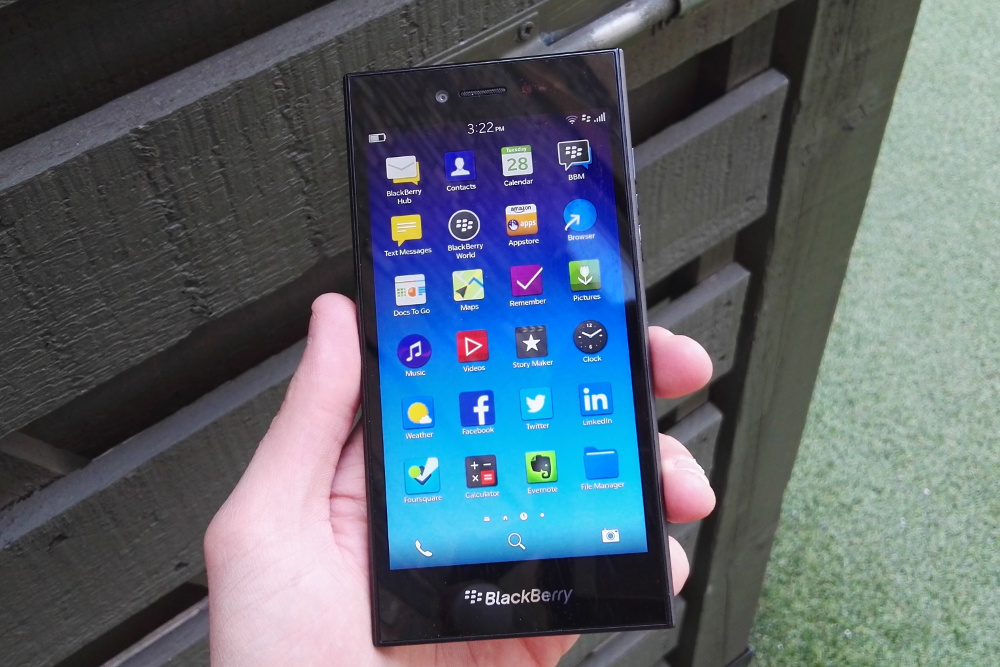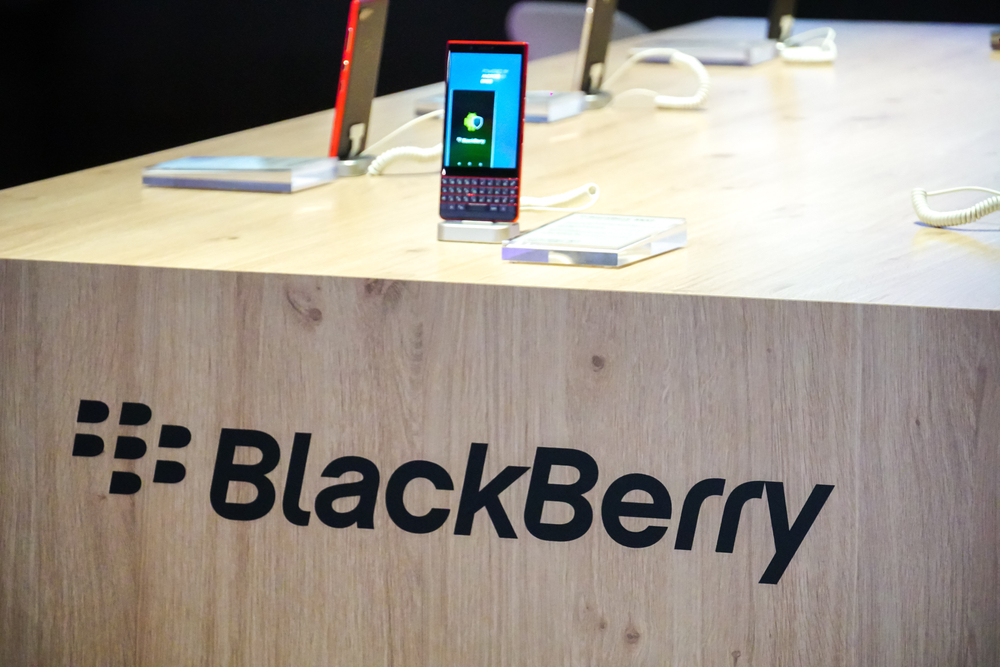RIM denies concessions for Gulf states
The BlackBerry maker has claimed there is ‘only one’ enterprise solution available and it will not tailor it to Government requests.


Sign up today and you will receive a free copy of our Future Focus 2025 report - the leading guidance on AI, cybersecurity and other IT challenges as per 700+ senior executives
You are now subscribed
Your newsletter sign-up was successful
Research In Motion (RIM) has come out in defence of its enterprise solution and said it will not be adjusting its approach on a country by country basis.
The past few days have seen a number of reports that the BlackBerry manufacturer was in talks to change its enterprise solution after governments in Saudi Arabia and the United Arab Emirates complained they could not access encrypted messages sent over the devices, which they claimed was a threat to national security.
A statement sent to IT PRO from RIM this morning said: "In recent days there has been a range of commentary, speculation, and misrepresentation regarding this solution and we want to take the opportunity to set the record straight."
"There is only one BlackBerry enterprise solution available to our customers around the world and it remains unchanged in all of the markets we operate in. RIM cooperates with all governments with a consistent standard and the same degree of respect."
The company added: "Any claims that we provide, or have ever provided, something unique to the government of one country that we have not offered to the governments of all countries, are unfounded."
The Gulf states have threatened to cut off BlackBerry Messenger, email and web browsing from 11 October if it does not come to an arrangement with RIM to allow them access to the messages.
RIM's statement addressed that, saying: "The BlackBerry enterprise solution was designed to preclude RIM, or any third party, from reading encrypted information under any circumstances since RIM does not store or have access to the encrypted data."
Sign up today and you will receive a free copy of our Future Focus 2025 report - the leading guidance on AI, cybersecurity and other IT challenges as per 700+ senior executives
Reports also emerged yesterday suggesting Kuwait was asking RIM to block pornographic sites from its handsets and there were claims India had come to an agreemeent with the mobile firm allowing the state to monitor emails.
"RIM cannot accommodate any request for a copy of a customer's encryption key, since at no time does RIM, or any wireless network operator or any third party, ever possess a copy of the key," concluded RIM.
"This means that customers of the BlackBerry enterprise solution can maintain confidence in the integrity of the security architecture without fear of compromise."
Jennifer Scott is a former freelance journalist and currently political reporter for Sky News. She has a varied writing history, having started her career at Dennis Publishing, working in various roles across its business technology titles, including ITPro. Jennifer has specialised in a number of areas over the years and has produced a wealth of content for ITPro, focusing largely on data storage, networking, cloud computing, and telecommunications.
Most recently Jennifer has turned her skills to the political sphere and broadcast journalism, where she has worked for the BBC as a political reporter, before moving to Sky News.
-
 AWS CEO Matt Garman isn’t convinced AI spells the end of the software industry
AWS CEO Matt Garman isn’t convinced AI spells the end of the software industryNews Software stocks have taken a beating in recent weeks, but AWS CEO Matt Garman has joined Nvidia's Jensen Huang and Databricks CEO Ali Ghodsi in pouring cold water on the AI-fueled hysteria.
-
 Deepfake business risks are growing
Deepfake business risks are growingIn-depth As the risk of being targeted by deepfakes increases, what should businesses be looking out for?
-
 Blackberry revenue falls by 4% as cyber security division takes hit
Blackberry revenue falls by 4% as cyber security division takes hitNews Despite this, the company’s Internet of Things (IoT) division increased its revenue by 28% as it attracted new customers from the automotive sector
-
 BlackBerry revival is officially dead as OnwardMobility shuts down
BlackBerry revival is officially dead as OnwardMobility shuts downNews The Texas-based startup is mysteriously shutting down and taking its ultra-secure 5G BlackBerry with it
-
 BlackBerry and AWS are developing a standardized vehicle data platform
BlackBerry and AWS are developing a standardized vehicle data platformNews Platform will give automakers a standardized way to process data from vehicle sensors in the cloud
-
 BlackBerry thwarts mobile phishing attacks with new AI tools
BlackBerry thwarts mobile phishing attacks with new AI toolsNews The company's Protect Mobile platform alerts users to potential malware before a link is clicked
-
 BlackBerry Persona Desktop delivers zero-trust security at the endpoint
BlackBerry Persona Desktop delivers zero-trust security at the endpointNews New security solution learns user behavior and can take action if there’s an abnormality
-
 A 5G BlackBerry phone with physical keyboard is coming in 2021
A 5G BlackBerry phone with physical keyboard is coming in 2021News The business phone to be resurrected with OnwardMobility and FIH Mobile planning a security-savvy enterprise handset
-
 The business smartphone is dead
The business smartphone is deadIn-depth BlackBerry’s demise signals the end of the business-first handset
-
 BlackBerry Key2 review: The best physical keyboard no one asked for
BlackBerry Key2 review: The best physical keyboard no one asked forReviews Despite the improvements, the flaws of BlackBerry’s Key range are still front and centre
